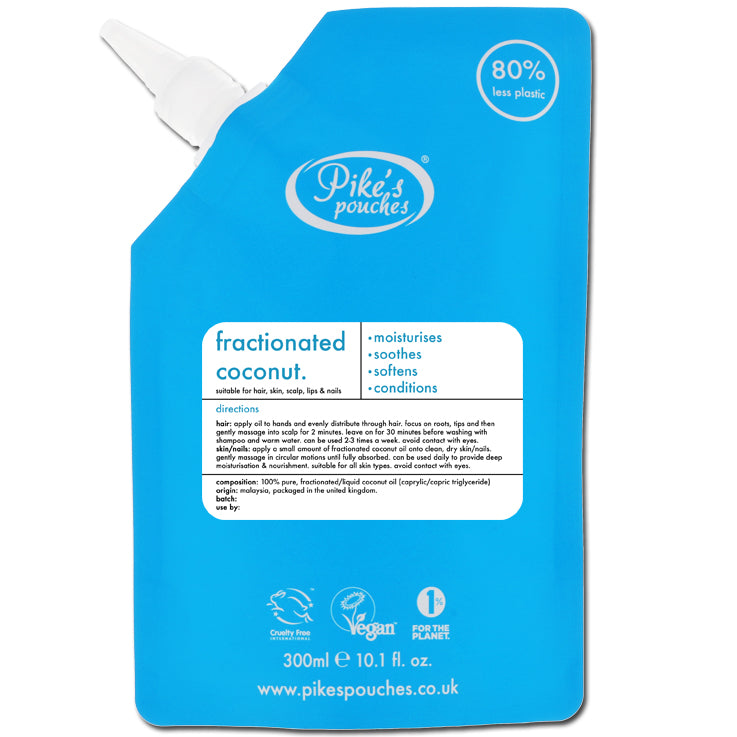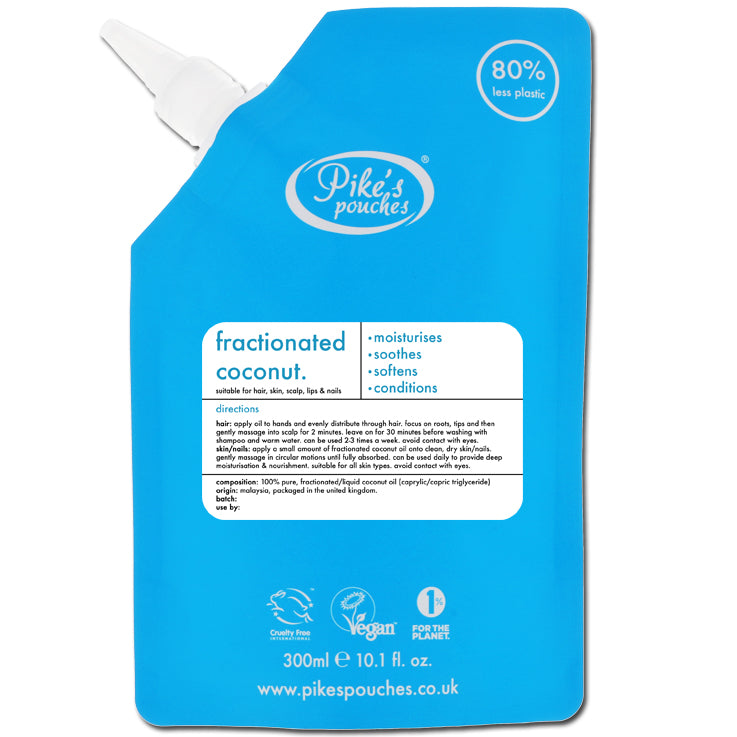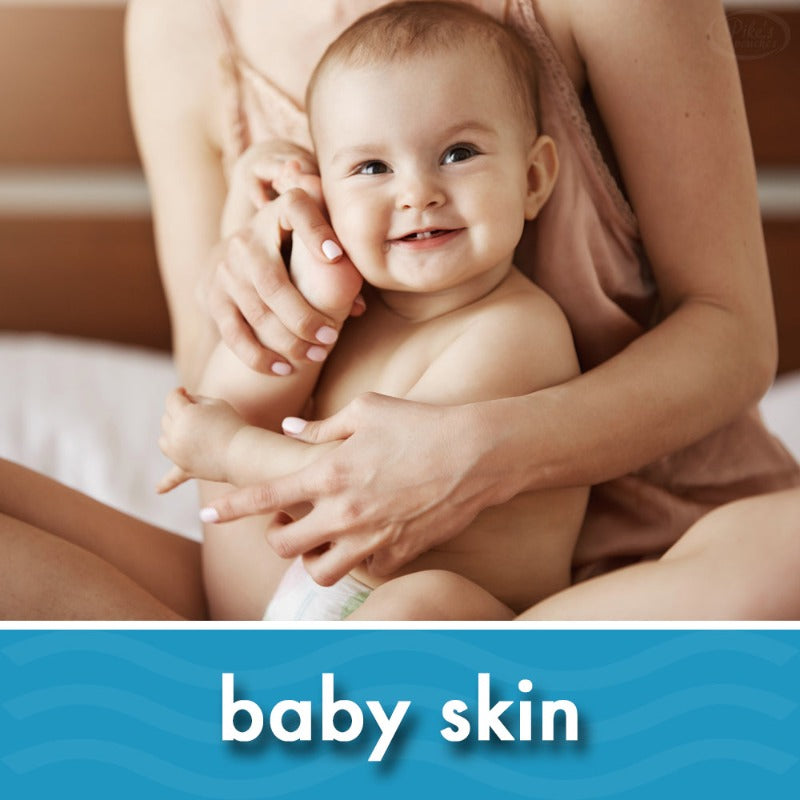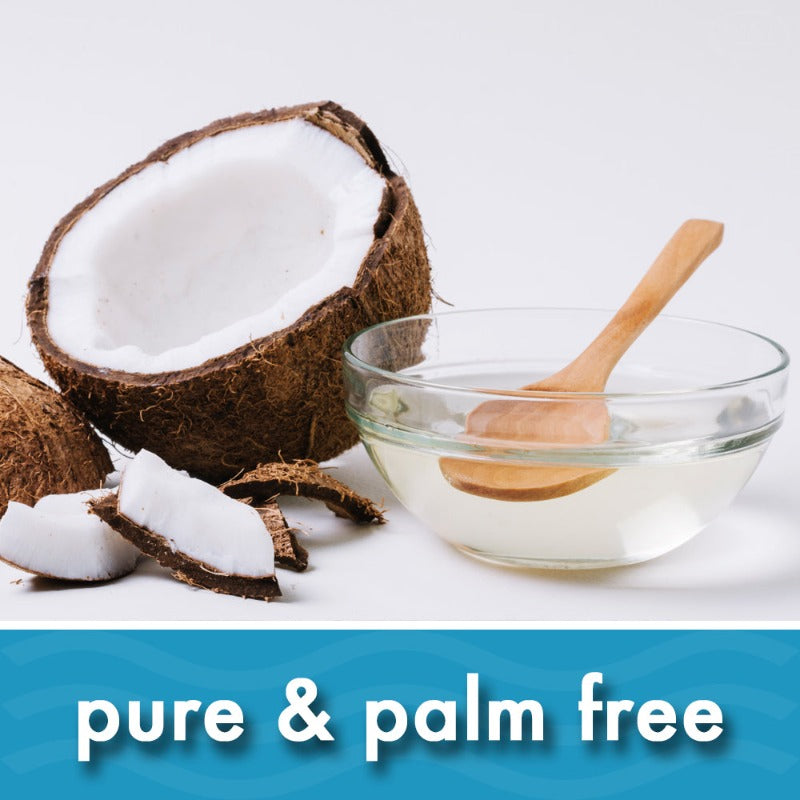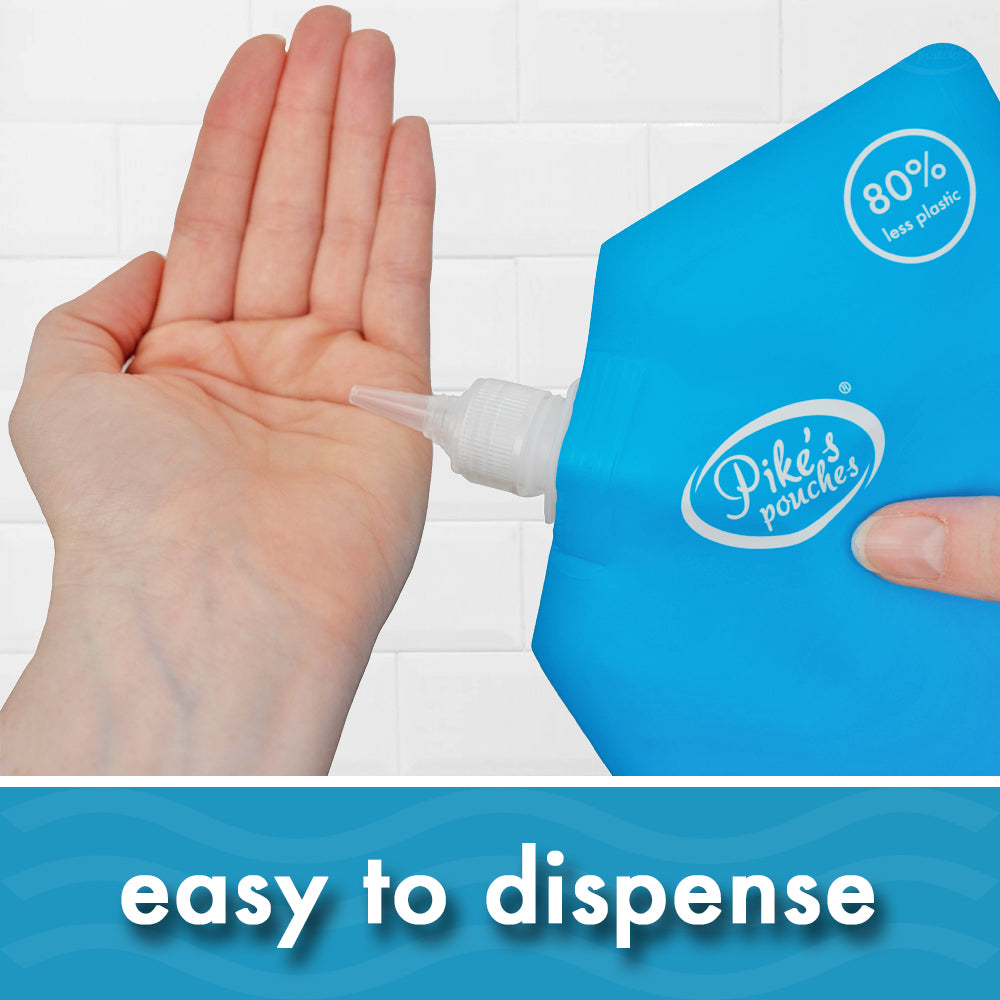Estimated reading time: 5 minutes
Introduction
Today, we're going to explore the benefits of using coconut oil on your precious little one's skin and hair. Whether you're a new parent or a seasoned pro, this guide will provide you with insights on how to use baby coconut oil effectively and explore the different types, including fractionated coconut oil.
Table of Contents
- Benefits of Baby Coconut Oil
- How to Use Coconut Oil on Baby Skin and Hair
- Different Types of Coconut Oil for Babies
- Conclusion
Benefits of Baby Coconut Oil
Coconut oil can work wonders for your baby's delicate skin and hair. Here are some of the incredible benefits it offers:
1. Moisturises Dry Skin
Coconut oil is an excellent moisturiser. It penetrates deeply into the skin, providing hydration without clogging pores. This is especially beneficial for babies with dry or sensitive skin.
2. Relieves Diaper Rash
Coconut oil's anti-inflammatory properties can help soothe and alleviate the discomfort of diaper rash. It forms a protective barrier on the skin, reducing friction and promoting healing.
3. Gentle Hair Care
When it comes to baby hair, coconut oil can be a game-changer. It helps combat cradle cap and promotes healthy hair growth. Simply massage a small amount onto your baby's scalp, leave it on for a few minutes and then gently rinse.
4. Natural Skin Protection
Coconut oil has antimicrobial properties, making it a natural way to protect your baby's skin from harmful bacteria and other irritants.
How to Use Coconut Oil on Baby Skin and Hair
Using coconut oil on your baby's skin and hair is simple and safe. Here's a step-by-step guide:
1. Choose High-Quality Coconut Oil
Opt for high quality coconut oil that's free from chemicals and additives, making it ideal for your baby's sensitive skin.
2. Patch Test
Before applying coconut oil all over your baby's skin, do a patch test. Apply a small amount to a small area of their skin and wait for 24 hours to ensure there are no adverse reactions.
3. Baby Massage
For a soothing and bonding experience, use coconut oil for a gentle baby massage. Warm a small amount in your hands and massage it onto your baby's skin. This can be particularly beneficial before bedtime to promote relaxation.
4. Diaper Area Care
To prevent diaper rash, apply a thin layer of coconut oil to your baby's bottom during diaper changes. This acts as a protective barrier and helps keep the area moisturized.
5. Cradle Cap Treatment
For cradle cap, gently massage coconut oil onto your baby's scalp. Let it sit for a few minutes to soften the scales, then use a soft brush or cloth to gently remove them.
6. Hair Conditioning
To promote healthy hair growth and reduce tangles, apply a tiny amount of coconut oil to your baby's hair, avoiding the scalp. This leaves their hair soft and manageable.
Different Types of Coconut Oil for Babies
While virgin coconut oil is the most common choice for baby care, there's another type worth mentioning: fractionated coconut oil. Here's a brief comparison:
Virgin Coconut Oil
- Cold-pressed from fresh coconut meat.
- Contains a mix of fatty acids, vitamins, and minerals.
- Solid at room temperature but melts easily in your hands.
- Ideal for baby massages and moisturizing.
Fractionated Coconut Oil
- Processed to remove long-chain fatty acids.
- Remains liquid at all temperatures.
- Odorless and colorless.
- Excellent for baby massages, as it's less greasy and absorbs quickly.
Conclusion
Incorporating coconut oil for babies into your little one's skincare routine can offer numerous benefits. From moisturising dry skin to soothing diaper rash and promoting healthy hair, it's a natural and gentle solution. Remember to choose high quality coconut oil, perform a patch test, and use it in moderation to keep your baby's skin and hair soft, healthy, and happy.
Now, armed with the knowledge of baby coconut oil benefits and usage, you can provide your little bundle of joy with the tender care they deserve.


